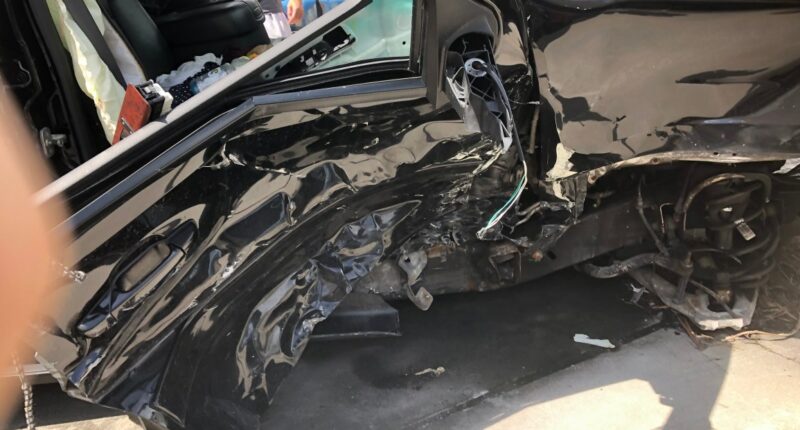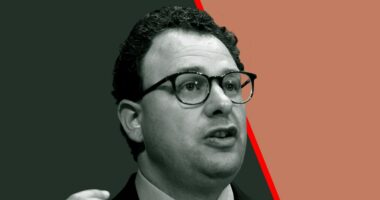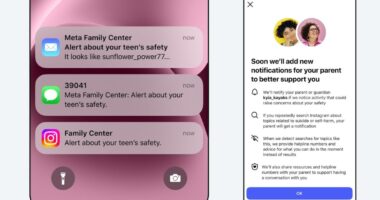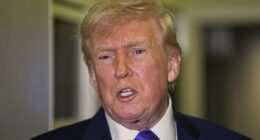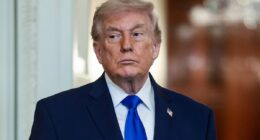Share this @internewscast.com
Tesla is in court today in Miami for a trial where the company is being held accountable for a deadly accident involving its Autopilot system. This driver-assist technology has been investigated before due to several lethal incidents, but it’s uncommon for Tesla to face a jury trial specifically over claims that Autopilot is responsible for a person’s death.
This trial is happening at a sensitive time for Tesla as the company is progressing with plans to roll out robotaxis in additional cities. Simultaneously, Tesla is dealing with ongoing criticism directed at Elon Musk for his strong right-wing views and collaboration with Donald Trump’s administration.
Autopilot, capable of managing steering, braking, and executing automatic lane switches on certain highways, is under heightened investigation by federal regulators. It has been at the heart of various lawsuits, with some cases being resolved by Tesla and others being dismissed.
The case in question involves an inattentive driver of a Tesla Model S and a couple who were out stargazing late at night. Naibel Benavides, 20, was killed in 2019 when George McGee’s Model S rammed into a stationary SUV parked next to a T-intersection. McGee was using Autopilot, but had dropped his phone and was inattentive at the time of the crash. Benavides and her boyfriend, Dillon Angulo, who was seriously injured, were standing outside of the SUV when McGee’s Tesla plowed into it.
The trial comes at a particularly risky moment for Tesla
The case, which is being heard in the US District Court for the Southern District of Florida, was filed by Angulo and the family of Benavides.
Tesla plans to argue that the company isn’t at fault because Autopilot was not fully in control of the vehicle at the time of the crash, citing data that shows that McGee overrode the driver assist by pressing the accelerator at the time of the crash. Also, Tesla has long argued that drivers bear responsibility when crashes occur involving Autopilot. On its website, the company says that its driver-assistance systems ”require active driver supervision and do not make the vehicle autonomous.”
The plaintiffs will argue that the system bears some responsibility for failing to warn the driver that a crash was imminent. The vehicle ignored a stop sign before the crash, and the automatic emergency braking should have worked even if Autopilot was not engaged.
Still, it will be tough for the plaintiffs to convince a jury that Tesla was at fault. In Florida automobile liability cases, the standard is “whether the car manufacturer exhibited a reckless disregard for human life equivalent to manslaughter by designing and marketing the vehicle,” the court notes.
Indeed, in another case involving a crash from 2019, Tesla was found not to be liable for the death of a Model 3 owner whose vehicle crashed while driving in Autopilot. And in another case, a jury ruled against plaintiff Justine Hsu, who sued Tesla after her vehicle hit a median while using Autopilot.
Tesla has managed to dodge responsibility for fatal crashes involving its products for a long time. The company was forced to issue several recalls after a federal investigation into dozens of crashes involving Tesla vehicles with Autopilot, but it has never been criminally indicted.
In 2023, Musk laughed off a question from investors as to whether his company would accept legal liability for its self-driving vehicles in the future. “There’s a lot of people who assume we have legal liability,” Musk said, “judging by the lawsuits.”
Still, the stakes are incredibly high for Tesla — but then again, when are they not? The presiding judge in the Florida case has ruled that the plaintiffs may seek punitive damages from Tesla. And because Tesla has refused to impose geographic limits on Autopilot, despite evidence that the system was ill-equipped to handle some situations, the judge said that a jury could reasonably rule against Tesla.
“A reasonable jury could find that Tesla acted in reckless disregard of human life for the sake of developing their product and maximizing profit,” she wrote.
